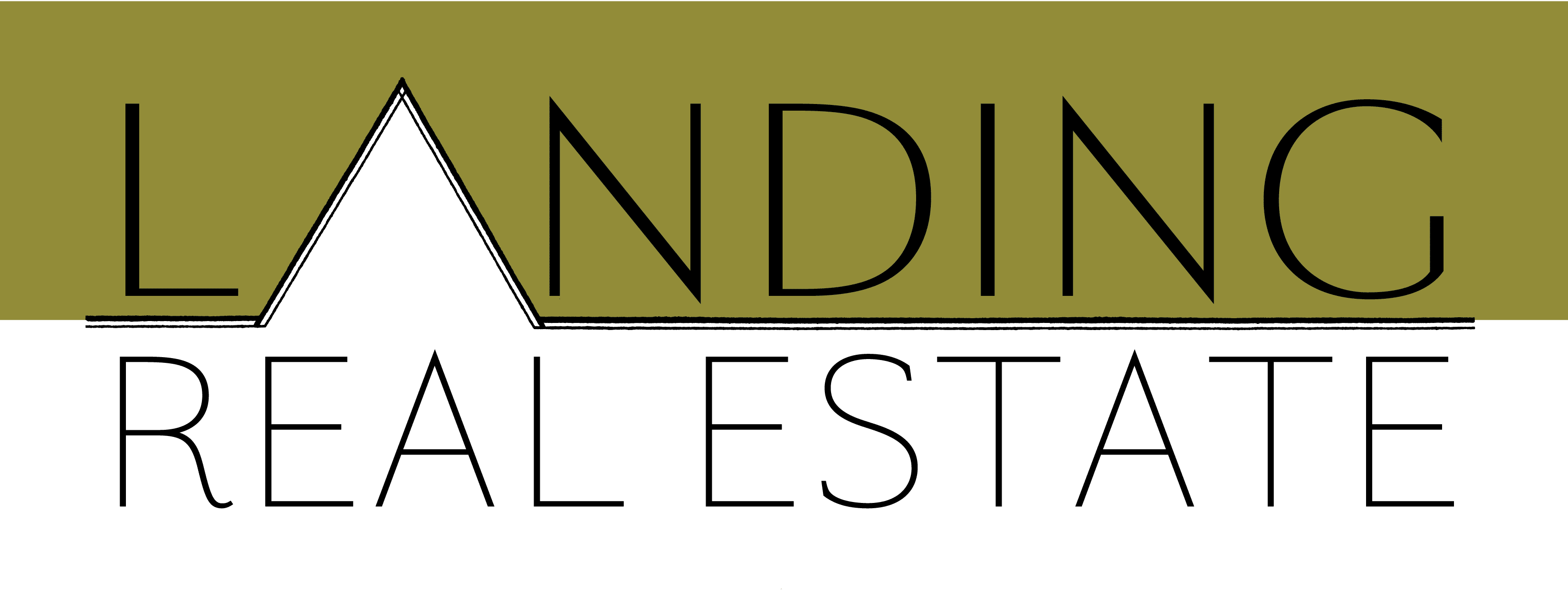When it comes to financing a home in Maine, one of the most critical decisions homeowners face is choosing between variable and fixed-rate mortgages. Each option has its own set of advantages and potential pitfalls so it’s important to understand the differences before signing on the dotted line. In this guide, we delve into the intricacies of variable versus fixed-rate mortgages, examining their nuances, pros, cons, and what Maine homeowners should consider when making such an important financial decision.
Understanding Fixed-Rate vs. Adjustable-Rate Mortgages
Adjustable-Rate Mortgages
A variable-rate mortgage, often referred to as an adjustable-rate mortgage (ARM), features an interest rate that can fluctuate over time based on changes in a specified financial index. In Maine, these rates typically start lower than fixed-rate mortgages, making them attractive to borrowers seeking initial savings on their monthly payments. The adjustment period—how often the rate can change—varies, but common intervals include one year, three years, or five years.
Fixed-Rate Mortgages
A fixed-rate mortgage offers stability with an interest rate that remains unchanged for the entire term of the loan. This means Maine homeowners can expect consistent monthly payments throughout the loan’s duration, providing predictability and protection against rising interest rates. Fixed-rate mortgages are often favored for their long-term financial planning benefits and the peace of mind they offer against market volatility.
Pros and Cons of Fixed-Rate vs. Adjustable-Rate Mortgages
Adjustable-Rate Mortgages
Pros
- Lower Initial Rates: Typically, the initial interest rate on a variable mortgage is lower than that of a fixed-rate mortgage, allowing for lower initial monthly payments.
- Potential for Lower Long-Term Costs: If interest rates decrease or remain stable, borrowers may benefit from lower overall interest costs compared to fixed-rate mortgages.
- Flexibility: Some variable-rate mortgages offer options for converting to a fixed-rate mortgage or allow borrowers to take advantage of falling interest rates without refinancing.
Cons
- Rate Volatility: The primary risk of variable-rate mortgages is the potential for interest rates to rise over time, leading to higher monthly payments.
- Uncertainty: Monthly payments can fluctuate, making budgeting more challenging and potentially stressful during periods of rising interest rates.
- Complexity: Understanding how the mortgage adjusts and the factors influencing rate changes requires careful attention and financial literacy.
Fixed-Rate Mortgages
Pros
- Stable Payments: With a fixed-rate mortgage, Maine homeowners enjoy the certainty of consistent monthly payments throughout the loan term, regardless of market conditions.
- Protection Against Rate Increases: Locking in a fixed rate shields borrowers from potential increases in interest rates, offering financial stability and easier budgeting.
- Predictable Long-Term Costs: Knowing exactly what to expect in terms of payments over the long haul allows for better financial planning and peace of mind.
Cons
- Higher Initial Rates: Typically, the initial interest rate on a fixed-rate mortgage is higher than that of a comparable variable-rate mortgage, which can result in higher initial monthly payments.
- Potential for Missing Out: If interest rates decrease significantly after securing a fixed-rate mortgage, homeowners may miss out on potential savings unless they refinance.
What Homeowners in Maine Should Watch Out For
When deciding between variable and fixed-rate mortgages in Maine, it’s crucial to consider several factors.
- Current Interest Rate Environment: Assess whether interest rates are expected to rise or remain stable. This can influence the attractiveness of variable versus fixed-rate mortgages.
- Personal Financial Situation: Evaluate your financial stability and tolerance for risk. If you prefer predictable payments and can afford higher initial payments, a fixed-rate mortgage might be the better choice.
- Future Plans: Consider how long you intend to stay in the home. If you plan to sell within a few years, a variable-rate mortgage with lower initial payments might be favorable.
Refinancing for a Better Rate
Regardless of whether you initially choose a variable or fixed-rate mortgage, refinancing can be a valuable tool for securing a better interest rate or adjusting your mortgage terms. Here’s how Maine homeowners can approach refinancing.
- Monitor Interest Rates: Keep track of fluctuations in interest rates and be ready to act when rates are lower than what you currently pay.
- Evaluate Costs and Benefits: Calculate the potential savings from refinancing, taking into account closing costs, the new interest rate, and how long you plan to remain in the home.
- Consult with Mortgage Experts: Seek advice from mortgage brokers or financial advisors who can help you navigate the refinancing process and ensure it aligns with your long-term financial goals.
- Consider Term Adjustments: Besides lowering your interest rate, refinancing can also allow you to switch from a variable to a fixed-rate mortgage or vice versa, depending on your current needs and market conditions.
Ready to Buy a Home Soon?
If you’re navigating the real estate market in Maine and weighing these mortgage options, the team at Landing Real Estate is here to guide you. With expertise in fixed-rate vs. adjustable-rate mortgages, we can help you find the lender that best suits your needs. Contact us today to start your journey toward securing the right mortgage for your dream home in Maine!
